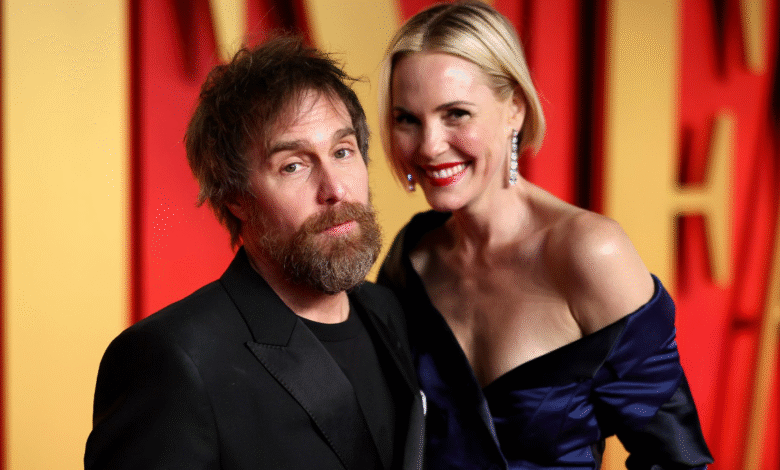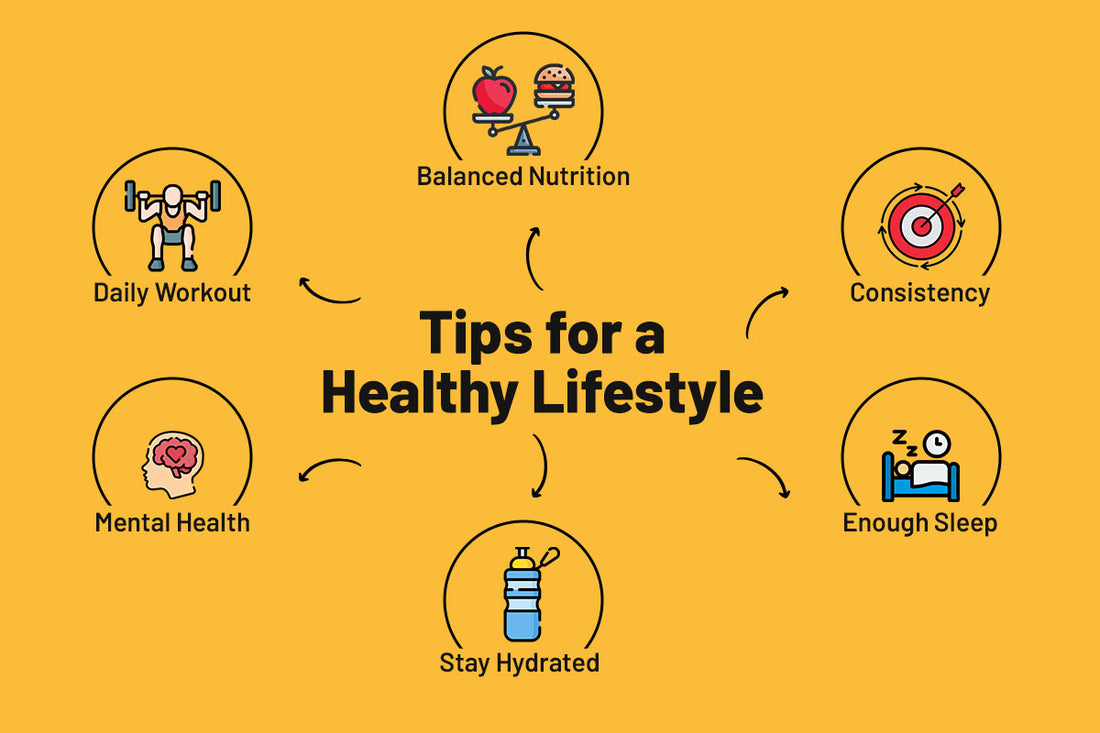The Three Week Rule: How It Works and Why It Matters

Discover the three week rule, how it applies to relationships, habits, finance, and decision-making, and why this simple principle can change your personal and professional life.
Introduction to the Three Week Rule
The idea of the three week rule has been around for quite some time, though it has recently gained more popularity thanks to productivity experts, financial coaches, and even lifestyle bloggers. At its core, the three week rule is not just a catchy phrase but a practical guideline designed to help people pause, reflect, and make better choices.
When we talk about the three week rule, we are really talking about giving ourselves permission to slow down in a world that demands constant speed. Most of the mistakes we make in relationships, work, or even with money come from rushing decisions. The three week rule acts as a safety net, a way of putting a buffer between impulse and action. Think of it as a gentle but firm reminder that not everything requires an immediate response.
What Exactly Is the Three Week Rule?
The three week rule is essentially a framework that says: wait three weeks before making a big decision, reacting to a situation, or finalizing a choice that could have long-term consequences. It is based on the idea that time creates clarity, and clarity leads to smarter outcomes.
This doesn’t mean you sit on the sidelines of life or let opportunities slip away. Instead, it’s about intentionality. When you give yourself those three weeks, you allow emotions to settle, facts to emerge, and your priorities to align with your actions. In many cases, what felt urgent in the moment doesn’t even feel necessary after waiting.
The Science Behind Waiting
Psychologists have long studied the way people make decisions, and a consistent finding is that time reduces bias. Impulse-driven behavior often feels satisfying in the short term but damaging in the long term. By applying the three week rule, you disrupt that pattern.
Waiting also helps the brain switch from emotional decision-making, dominated by the amygdala, to logical decision-making, which is governed by the prefrontal cortex. This simple pause can shift a person from regret to relief. Even neuroscientists agree that creating space between thought and action builds better judgment.
Why Three Weeks and Not Less?
You might wonder why it’s specifically three weeks and not one week or one month. The answer lies in habit formation and human psychology. Researchers have shown that it takes at least 21 days to begin breaking or building a habit. That’s why three weeks has become a symbolic benchmark for change.
Three weeks is also a manageable period for most people. It feels long enough to create distance but not so long that you feel paralyzed. This sweet spot is what makes the three week rule effective across different aspects of life, whether it’s relationships, finances, or even health goals.
The Three Week Rule in Relationships
Relationships can be tricky, filled with moments where emotions run high. Whether it’s deciding to text someone back, jumping into a new relationship, or reacting to a conflict, the three week rule can be a lifesaver.
By waiting three weeks before making big relationship decisions, you gain perspective. Maybe that text you were tempted to send doesn’t feel as urgent. Maybe the person you thought you couldn’t live without suddenly doesn’t occupy so much mental space. The three week rule gives you the clarity to see whether your actions are based on temporary feelings or long-term compatibility.
Conflict Resolution
Arguments are inevitable in relationships. But reacting instantly often leads to more harm than good. By applying the three week rule, you can process your emotions, understand your partner’s point of view, and approach the situation with a calmer mindset. In many cases, what felt like a deal-breaker in the heat of the moment doesn’t even matter after three weeks.
The Three Week Rule in Finances
Financial coaches often recommend a waiting period before making large purchases, and the three week rule is one of the most practical tools here. Impulse buying is a common trap, and giving yourself three weeks before spending big money often leads to a very different outcome.
Big Purchases
Whether it’s a new gadget, a designer bag, or even a car, the urge to buy can be strong. By practicing the three week rule, you stop yourself from making emotionally charged financial decisions. Most people discover that after three weeks, the desire to purchase fades, saving them money and regret.
Investments and Commitments
The same logic applies to investments or financial commitments. Waiting three weeks allows you to research, compare, and consider potential risks. Financial decisions made with patience often lead to stability rather than stress.
| Scenario | Without Rule | With Three Week Rule |
|---|---|---|
| Buying a new phone | Impulse purchase, regret later | Wait, realize old phone works fine |
| Joining an expensive gym | Rush sign-up | Research alternatives, save money |
| Investing in a trend | Risky entry | Informed choice, safer outcome |
The Three Week Rule in Work and Career
In a professional setting, the three week rule can transform how you handle opportunities and challenges. Many people rush into accepting job offers, projects, or even resignations without thinking through the long-term impact.
By applying the three week rule, you ensure that your career decisions are not reactionary but intentional. This can mean the difference between thriving in your role or regretting a hasty move.
Workplace Conflicts
When tension rises with colleagues or managers, the instinct is to respond immediately. But words spoken in anger can damage reputations. The three week rule encourages you to hold back, evaluate the situation, and address it with professionalism after time has passed.
The Three Week Rule in Health and Lifestyle

Health habits are notoriously difficult to start or stop. The three week rule is often recommended by trainers and wellness coaches as a way to reset routines.
For example, instead of diving into a crash diet, you commit to following a new eating plan for three weeks. This gives you enough time to see initial results and decide whether the plan is sustainable. Likewise, giving up unhealthy habits like smoking or late-night snacking becomes more manageable when you commit to that three week period.
Benefits of Practicing the Three Week Rule
There are countless benefits to practicing the three week rule, but the most common include:
- Reduced stress and regret
- Stronger financial stability
- Healthier relationships
- Improved career decisions
- Better time management
“The pause you take today could be the decision that saves your tomorrow.”
This quote sums up the beauty of the three week rule: it creates space for better living without demanding perfection.
Challenges of Following the Rule
Of course, the three week rule is not always easy to follow. We live in a fast-paced culture where instant gratification is rewarded. Waiting feels uncomfortable, especially when others around you are moving quickly.
The challenge lies in trusting the process. It may feel as though you are missing out, but in reality, you are building resilience and self-discipline. Over time, the results of better decisions outweigh the discomfort of waiting.
Practical Tips for Sticking With the Rule
- Mark your calendar – Write down the date you plan to revisit the decision.
- Distract yourself – Fill the waiting period with other activities so you’re not obsessing.
- Journal your thoughts – Document how you feel at the start, middle, and end of the three weeks.
- Seek accountability – Share your intention with a friend who can remind you of your commitment.
- Visualize outcomes – Think about how you’ll feel if you wait versus if you act impulsively.
Frequently Asked Questions
What is the three week rule?
The three week rule is a principle that encourages waiting three weeks before making major decisions, purchases, or reactions. It’s a way to avoid impulsive choices and gain clarity.
Does the three week rule really work?
Yes, it works because time reduces emotional intensity. By the end of three weeks, many decisions that once felt urgent no longer feel necessary, leading to better outcomes.
Can I apply the three week rule to small decisions too?
While it’s most useful for big decisions, you can adapt it for smaller ones as well. Even waiting a few days can help with clarity on minor choices.
Is the three week rule backed by science?
It aligns with psychological studies on impulse control and habit formation, which show that waiting helps shift decisions from emotion-driven to logic-driven.
What if I don’t have three weeks?
If time is limited, try to wait as long as possible. Even a few days can provide perspective. The rule is about pausing rather than rushing.
Conclusion
The three week rule is more than just a catchy phrase; it’s a life strategy. By building in time between impulse and action, you allow space for reflection, clarity, and intentional living. Whether in relationships, finances, health, or career, this rule gives you the chance to create outcomes you’ll actually feel good about.
In a culture that demands instant answers, practicing the three week rule is almost revolutionary. It doesn’t slow you down—it ensures you move forward with confidence.





